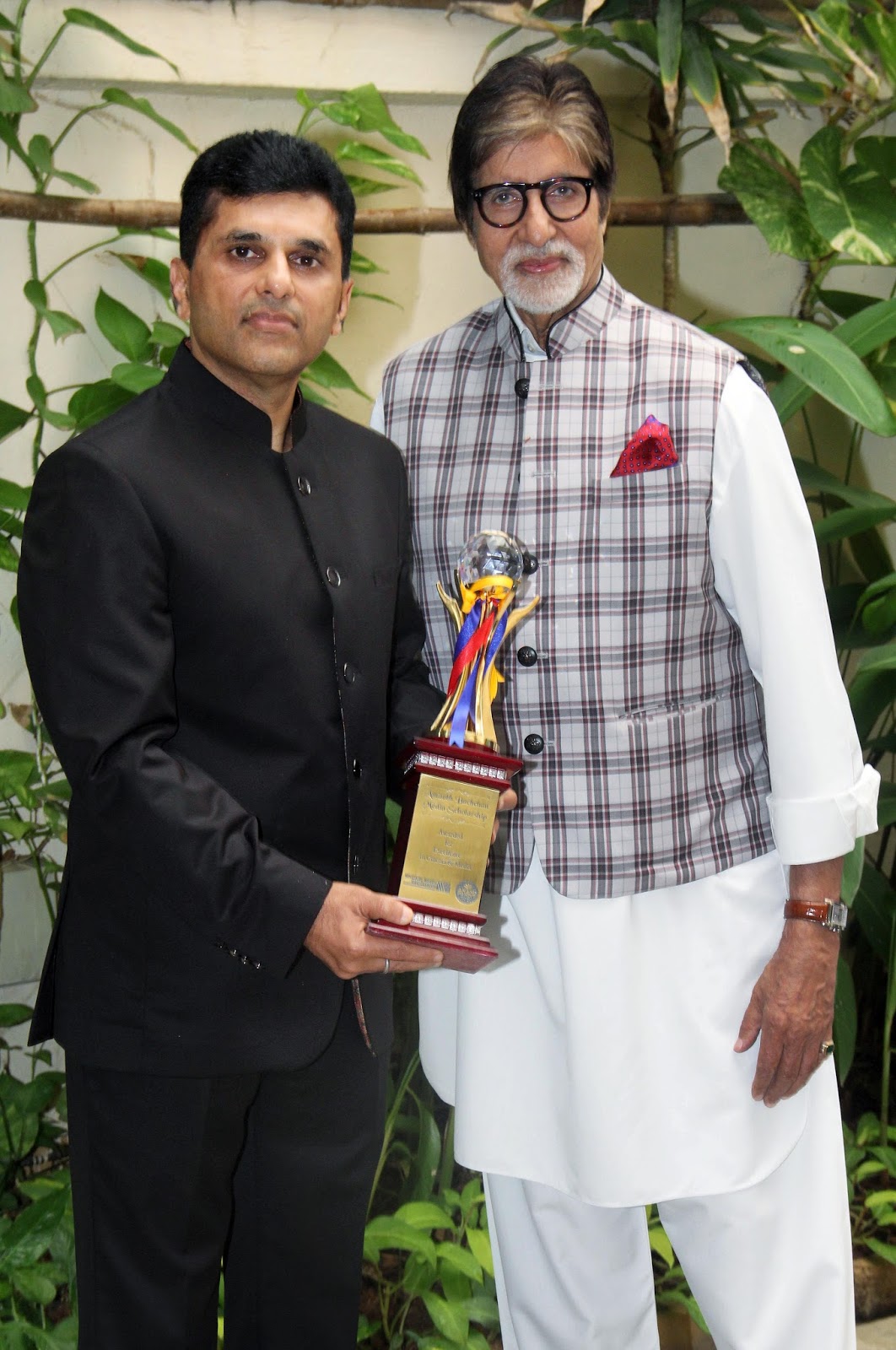Will ever this progressive government think of saving this sinking industry called Bollywood?
The Prime Minister Narendra Modi included
the Indian film industry as part of his ambitious Make in India (MII)
initiative with objectives like correcting the Balance of Payment (BOP) through
import substitution, encouraging exports of goods and services, making India
self-reliant in various sectors of economy, creating a talent pool, and
generating employment for our growing young populace.
The
Make in India approach paper on the media & entertainment industry, films
included, borrowed heavily from FICCI Frames Annual Report, which is based on
dubious data about the Indian film industry, and published with the sole
purpose of being using as a lobbying tool. The babus in the Ministry of
Information & Broadcasting (MIB) seemingly did a cut-paste job and sent the
information to the PMO to develop its MII approach paper. They obviously know very little about the
film industry though MIB is its nodal ministry. NFDC, a PSU, that’s supposed to
be funding and marketing Indian films all over the world, does not have any
database about the global film industry in spite of decades of its existence.
Making the Indian film industry part of the
MII initiative should have got the ball rolling and MIB should have begun the
process of defining and developing a solid vision for the film industry.
Nothing like that happened. MIB is still in the dark. It does not even have the
mechanism or wherewithal to find out the daily domestic or foreign box office
collection of Indian films. I don’t think it monitors the global developments
in the field on a regular basis to create a reliable database to be able to
develop solid strategies to meet global challenges.
The
Prime Minister should ask his Minister of Information & Broadcasting a few
pointed questions like what’s the size of the global film industry and if he
knows where does India stand vis-à-vis Hollywood, Chinese, Korean, and European
film industries in terms of its reach, potential, and business. That’s the most
basic question to be asked in the context of MII initiative. If you don’t know
where do you stand vis-à-vis your global competitors, you cannot evolve your
strategic business objectives and goals. If you don’t know your destination,
you go nowhere.
That’s the reality of the Indian film industry
today. It’s in the ‘nowhere’ land. The industry itself is incapable of
developing a national strategy since it leads a hand-to-mouth-existence. It has
never imagined itself to be a global player. Our leading producers, directors,
and stars cannot think beyond domestic and Indian Diaspora markets. A few
producers dared to expand their market footprints without realizing the
cut-throat nature of the global film industry. They either burnt their hands
badly or had limited success.
While
MIB is alert to controversies around CBFC and FTII, it is completely ignorant
about the ground realities of the film industry. It does not even care to get
informed. The ministers cannot look beyond the glamour and glitz of Bollywood.
The indifference of the Government of India is so apparent. While all other
industries deal with important ministries of commerce, industry, and finance,
the Indian film industry reports to MIB.
How can the Prime Minister expect MIB to
have an economic/industrial vision? It’s not designed to do that. It’s supposed
to communicate GOI’s vision and plans. It cannot be expected to play the role
of nurturing and promoting an industry. It can at most organize awards
functions and festivals, and run a film school and fund a few art-house films
and documentaries through its PSUs and ancillary organizations.
So, if Prime Minister Narendra Modi is
really serious about the Indian film industry making significant contributions
to his MII initiative, he must delink it from MIB. He should also create a task
force under the Ministry of Commerce & Industry to do a comparative study
of the global film industry to find out where exactly the Indian film industry
stands today and what is needed to be done to make it locally viable and
globally competitive.




Comments
Post a Comment